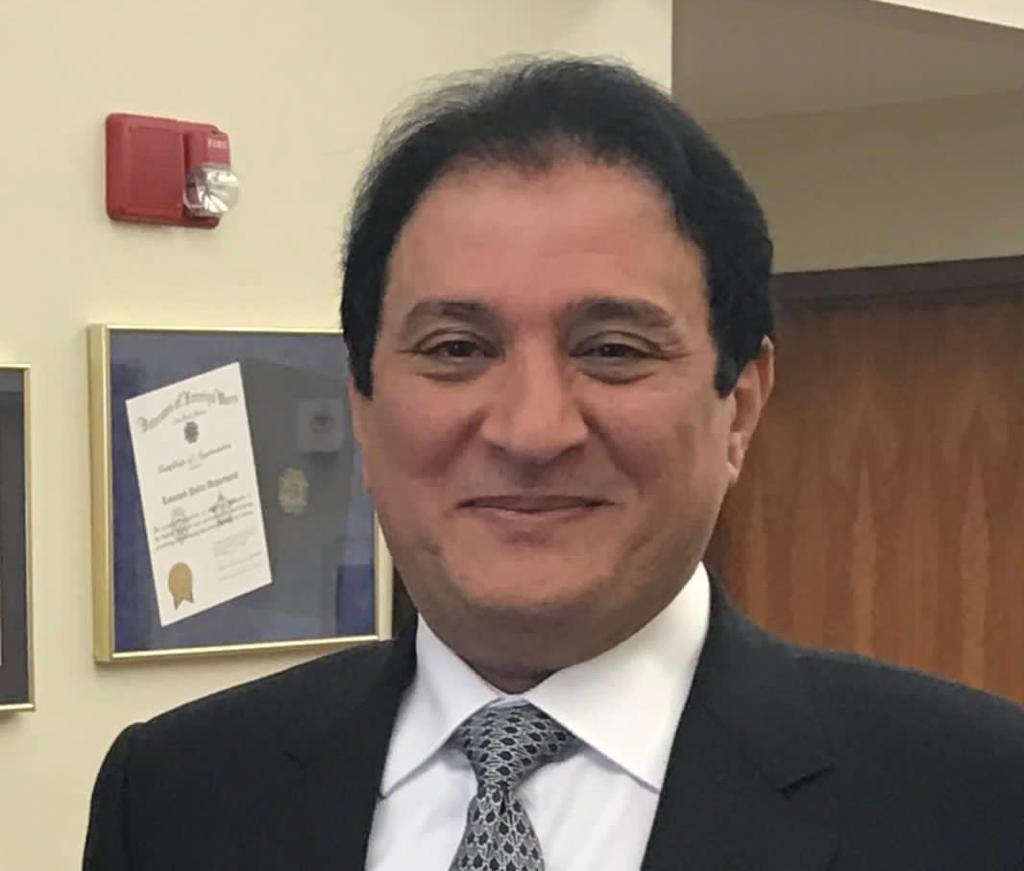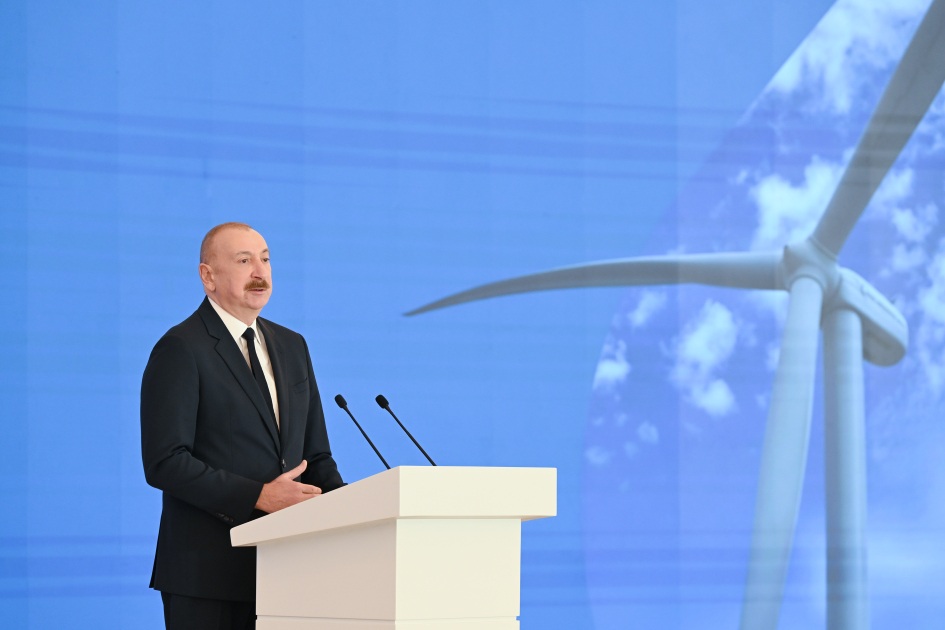
The Saudi Arabia of Crown Prince Mohammed Bin Salman is a country of social and cultural change on all levels of society. The implemented reforms would have been unthinkable ten years ago. A first-hand witness of implementing the reform agenda is statesman and two-time Minister of Culture of Information Dr Abdulaziz Alkhedheiri. The Liberum spoke with Alkhedeiri on the sidelines of the Social Innovation Forum in Riyadh earlier this month.
By Arthur Blok
The reforms in the Kingdom are undeniable and visible from the moment you land at Riyadh International Airport. Saudi women are now actively participating in the national workforce, which is visible. Some of them fully veiled, wearing traditional Saudi clothing, and others are not.
This is the new Saudi Arabia under Mohammed Bin Salman in a nutshell. Unlike in Iran, it is now a matter of choice for women to wear a veil, not a requirement: a freedom protected by law.
Conferences like this make the former minister currently the Chairman of Dar Athan for Futuristic Studies & Strategies. “First of all, it is our honour to welcome people from all over the world to our country. I am also to see the process of reforms announced in 2016 by our Crown Prince Mohammed Bin Salam in his Vision 2030 bearing fruit”, he said.
Dr Alkhedheiri: “When you look around you these days, you feel proud as a Saudi. We became a country with room for different ideas and opinions. Not only for local people but from all over the world. The conference where we are today illustrates that perfectly.”
Sendian, a subsidiary of the Asbar Center and the driving force behind the Social Innovation Forum, can look back on a successful event. Over 1000 visitors came to Riyadh to listen to panel discussions, presentations and lectures from local, Arab, and international speakers. The list of international speakers was impressive indeed. From Sweden to The Netherlands, Singapore and Vietnam.
Dr Alkhedheiri: “That makes conferences like this unique: seeing best practices and transferring knowledge. We still were a closed society only a few years ago, but that has changed when you invite the best brains and learn from them to progress. That is exactly what is happening right now.”
Many conference speakers were showcasing their social-innovative best practices emphasising sustainability.
Dr Alkhedheiri: “A more sustainable economy is the future; it influences us in all aspects of life. Look at the world now: we are heading from one crisis to another, destroying local economies. Today in Saudi Arabia, we have no excuse not to participate in this global innovation process. Everything is here; we have it all in our own hands.”
By saying that, the former minister hit the nail on the head.
Who would have thought it would actually happen this fast when Mohammed Bin Salman announced his Vision 2030 reform agenda? Western mainstream media were, as always when it comes to this part of the world, sceptical and found numerous ways to attack the country.
“It is a bit of a trend; to be on the so-called good side, you must attack Saudi Arabia and criticise the society. We do not care much about what they say and write about us. We have learned from our mistakes in the past, and we are open to change. Our door is open; everybody is welcome to come and judge for themselves. We have nothing to hide.”
In addition, Dr Alkhedheiri emphasised that this phenomenon of criticising is part of a country with bold ambitions: “If you want to compete with the rest of the world, you must take this for granted. The more you do, the more you will be attacked. It is normal.”
Critics of the social and cultural reform plans also came from within society: from the conservative religious establishment. “They are still there doing their work, having the same opinion. They have a lower voice, and everybody has the right to talk and share their opinion. They went from the dominant voice to one of many. The ambience is different.”
Dr Alkhedheiri concluded that Saudi Arabia is incomparable with other countries and will always keep its Islamic identity. “We have our culture, our values and principles. Those things define who we are; we only further improve our country by opening up to the West. In the end, that is what really matters.”






